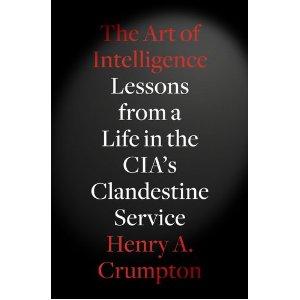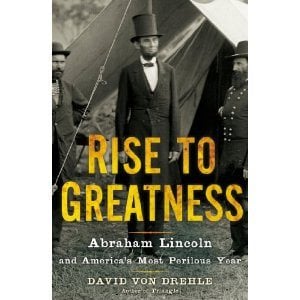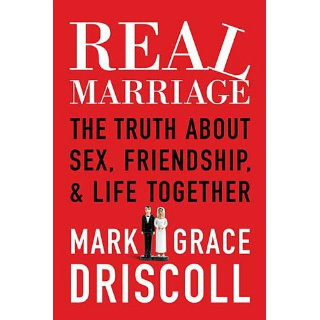 With the release of the latest James Bond movie, it’s fitting to do a book review on a real life James Bond, the CIA’s Henry Crumpton. Written by a former CIA operative about the shadowy world of US Intelligence, this is one of the few books written by an insider with deep ties to the intelligence community.
With the release of the latest James Bond movie, it’s fitting to do a book review on a real life James Bond, the CIA’s Henry Crumpton. Written by a former CIA operative about the shadowy world of US Intelligence, this is one of the few books written by an insider with deep ties to the intelligence community.
As I was reading it, my most reoccurring thought was, “they let him write this?” It was fascinating to read about some of the inner workings of the CIA, and although I know all of the information was vetted and scrubbed, I still felt like I was let in on a dirty little secret.
Crumpton walks us through his recruitment, training, and early days of running operatives in Africa. He does an excellent job maintaining his sources’ anonymity, while at the same time painting a real enough picture that the reader feels like he’s in the thick of the moment with him. His vignettes of dusty African roads and sweaty apartment blocks tickles the senses and thrusts the reader into his world. In the end, this book is an incredible public relations coup, giving an intriguing glimpse into the inner workings of the CIA without revealing classified information.
The crux of this work surrounds his work in counterterrorism and ultimately Afghanistan, as Crumpton played an incredibly critical role in the early days of the war in Afghanistan. Crumpton gives us a birds eye view of the formative years of counterterrorism and early attempts to get Usama bin Laden. He speaks tantalizingly of several close encounters with bin Laden before September 11, 2001. The tension and angst of the reader is thick as he realizes that September 11 might have been averted, but the United States did not have the technology (at times) or political will power to take him out.
With the terrorism of September 11, the Bush administration took the leash off of the CIA and allowed them to effectively run the early days of the Afghanistan war. Incredible turf battles ensued as the Department of Defense attempted to take over what had always been their forte: war. Effectively run by the CIA, the early Afghan war was an incredible departure from the wars of old.
Crumpton’s narrative leaves Afghanistan as the war drags on, bin Laden disappears into Pakistan, and the United States initiates a war in Iraq. Interestingly enough, Crumpton makes perfectly clear what many Americans have always felt: that the war in Iraq was a war of choice, pursued by a few within the Bush administration in spite of the cold hard facts. Crumpton leaves no doubt with the reader (his assertion) that the war in Iraq was founded on faulty (and possibly construed) evidence. Many smart Americans have suspected that over the years, but to see it in print by a high ranking CIA official is chilling.
Crumpton’s book peters out as his role in the intelligence community ends and he takes a variety of other high-standing assignments before retiring. His behind the curtain look at the formative days surrounding the Afghanistan war make this book well worth the read.
LESSONS LEARNED
1. The CIA is a moral necessity as a result of sin in the world. Ideally, there wouldn’t need to be an organization dedicated to subterfuge, lies, and deception. But with the presence of sin and evil in the world, I fully believe the CIA exists to keep greater evil from running amok. Unfortunately, the CIA can only act against evil when it’s in the national interests of the United States, but it still has many times kept great evils from being unleashed on innocent people.
2. The CIA represents a moral quandary for Christians. Is it morally acceptable to kill others, even if the cause is just? The Ten Commandments state that killing is outlawed, yet God commanded the Israelites to wipe out the nations of Canaan. Jesus taught us to “turn the other cheek,” yet God consistently commands us to defend the defenseless. If that includes killing a sadistic dictator, is that morally acceptable? Is it alright to murder someone if by murdering him you’re knowingly saving thousands of other innocent lives? I’ll let someone a lot smarter than me figure all of that out.
3. Unnecessary distractions can quickly become disastrous. The United States government became unnecessarily fixated on Iraq, while the war in Afghanistan was still in its critical stage. Although we’ll never quite know all the facts, there were no weapons of mass destruction, the impetus used by the Bush administration to justify the lengthy and costly war in Iraq. How many lives were lost; how much money was unnecessarily spent; how much damage was done to our economy and image in the world; all by a war that should not have been started. When we allow ourselves to be fixated on things that distract us from our central goal, disaster awaits.
What lessons can we learn from the War on Terror?















